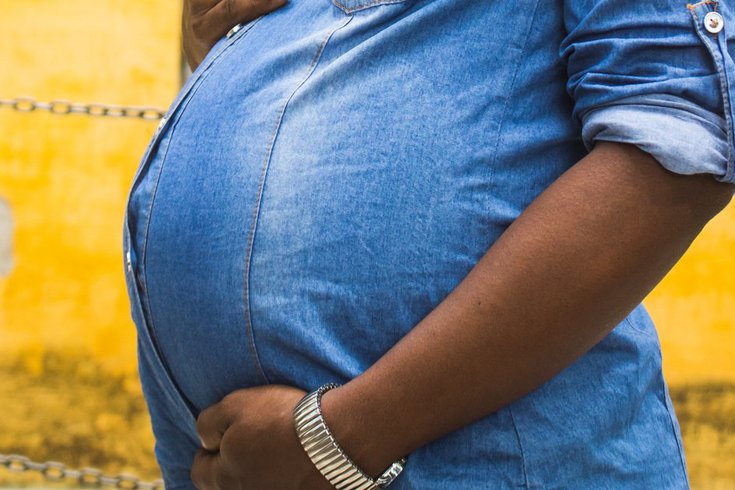
July 13, 2022
 THIAGO BORGES/Pexels.com
THIAGO BORGES/Pexels.com
In an effort to reduce maternal health disparities, Independence Blue Cross Blue Shield is partnering with Cocolife.black and Cayaba Care to offer maternal health services to members.
Black women in the United States are three times more likely to die during pregnancy, childbirth or the postpartum year than white women.
In Philadelphia, Black women accounted for 73% of pregnancy-related deaths between 2013 and 2018, despite only accounting for 43% of births, a 2021 city report found.
The cause of this racial disparity is multifaceted. It can be traced to racism, implicit biases, underlying health conditions and quality of health care, the U.S. Centers for Disease Control and Prevention states.
In an effort to improve maternal health equity, Independence Blue Cross has partnered with a pair of Philadelphia organizations – Cocolife.black and Cayaba Care – to offer maternal services to qualifying members.
Cocolife.black is a platform that provides a safe space for Black and brown mothers before and after the birth of their children. It offers support for mothers who have lost a child or significant loved one. It also connects people to resources like free diapers, formula and child care services.
Pregnant people, new mothers and those who have lost a child benefit from the "sense of community" that Cocolife.black offers, said Dr. Seun Ross, the executive director of Health Equity at IBX.
Cayaba Care offers personalized services to pregnant women and new mothers through in-person and virtual visits. The startup provides mental health support, assistance with hospital appointments, insurance benefits navigation and symptom management. It also offers access to a care team that includes nurses, mental health professionals, social workers and nutritionists.
"This can be a huge help to pregnant and recently pregnant people who are trying to juggle so many different responsibilities," Ross said.
The effort is part of the Blue Cross Blue Shield Association's pledge to reduce racial disparities in maternal health by 50% by 2026. In March, the IBX Foundation created the Institute for Health Equity to address health care barriers, including those affecting maternal health, among underserved communities.
Pregnant women in the U.S. are twice as likely to die from health complications those in most other high-income countries.
The U.S. maternal mortality rate was 23.8 deaths for every 100,000 lives births in 2020, according to the CDC. Among Black women, the rate was 55.3 per 100,000 births – nearly three times the rate of white women. Hispanic women's maternal mortality rate was 18.2 per 100,000 births.
Of the 861 maternal deaths that year, 293 – or 34% – were Black women. But Black people only made up about 13% of the U.S. population.
The inequity in maternal deaths can be directly attributed to the overall lack of health care resources and access to the health care system faced by minority women, Philadelphia's Maternal Mortality Review Committee wrote in its 2021 report. Equitable health care would reduce the issue, the committee added.
Earlier this year, a pair of directors at the Children's Hospital of Philadelphia's PolicyLab, wrote in an op-ed that the only way to address the city's maternal mortality rate is for health care providers, government agencies and other organizations take a collective approach.
Ross echoed that collaboration is the best way, saying partnerships with local organizations like Cocolife.black and Cayaba Care, which have close ties to the communities in the area, is the best way to address racial disparities.